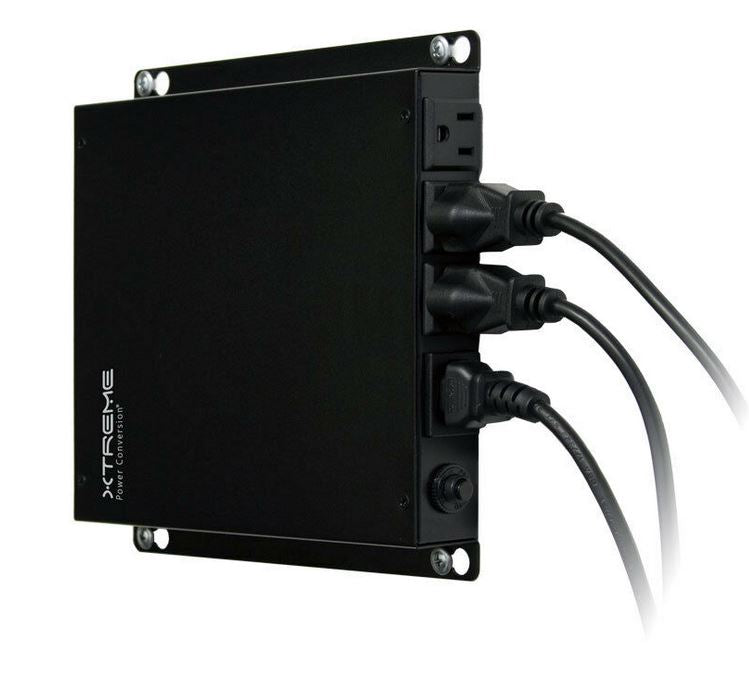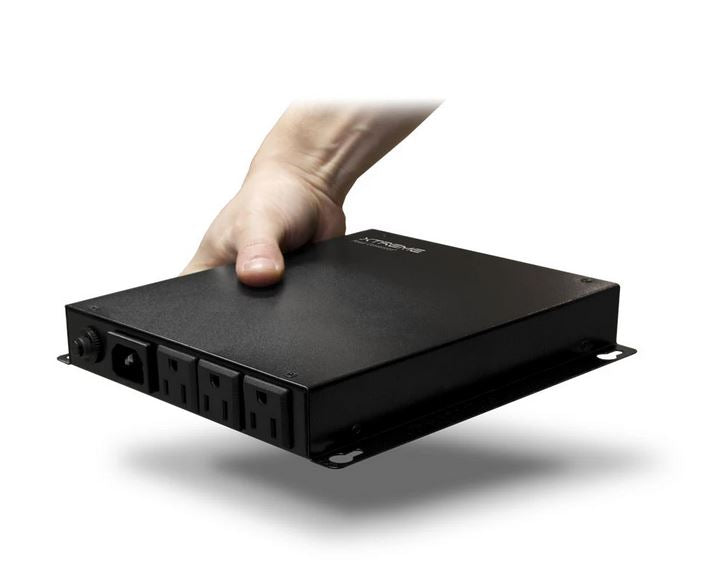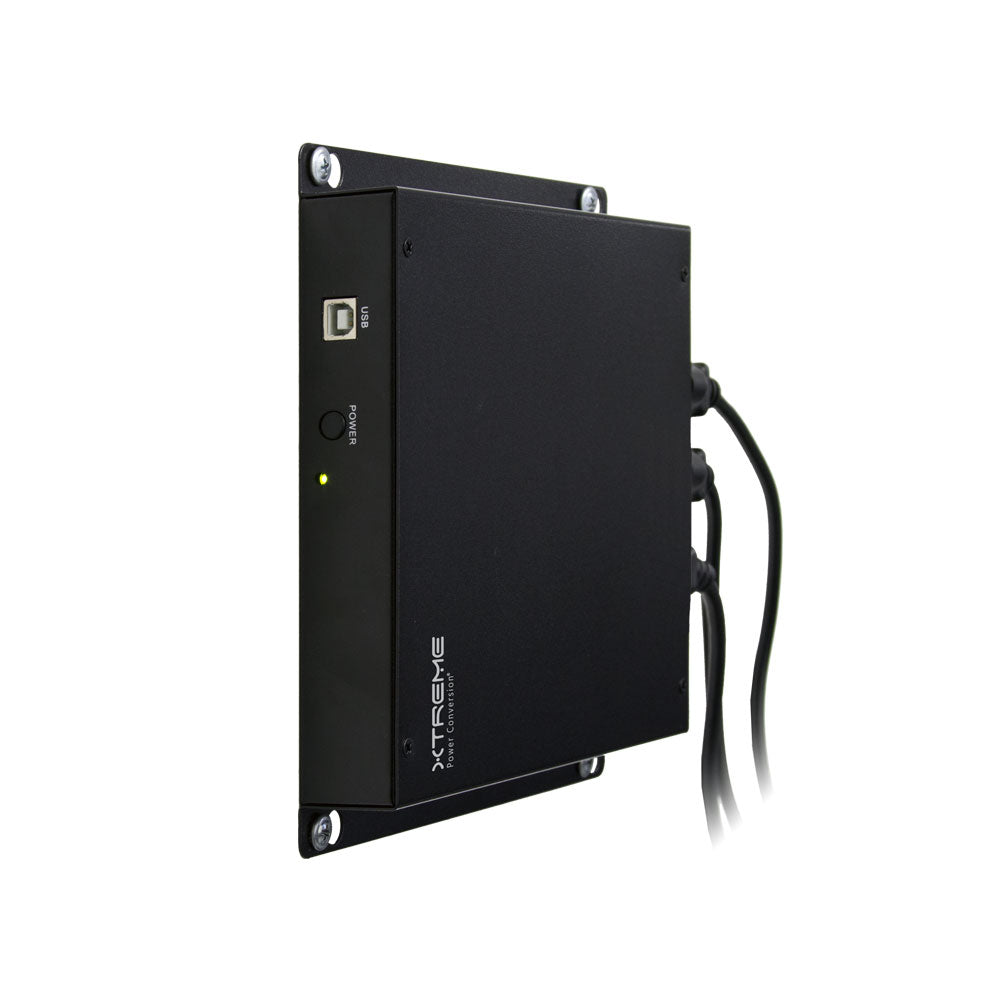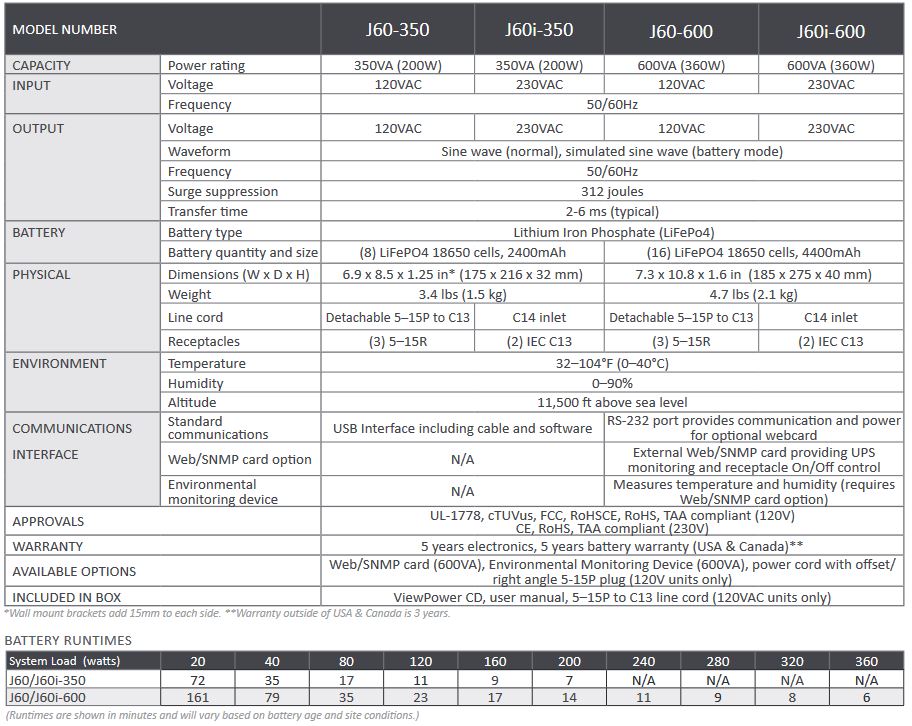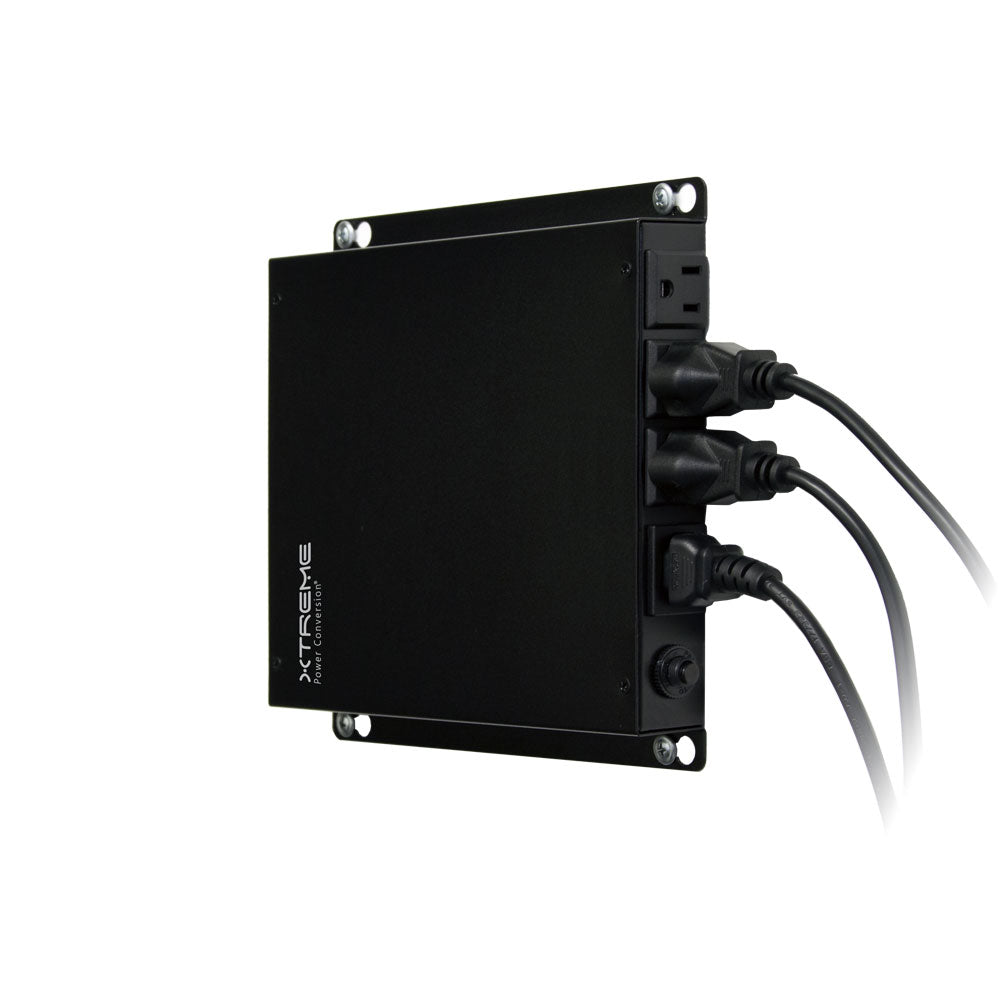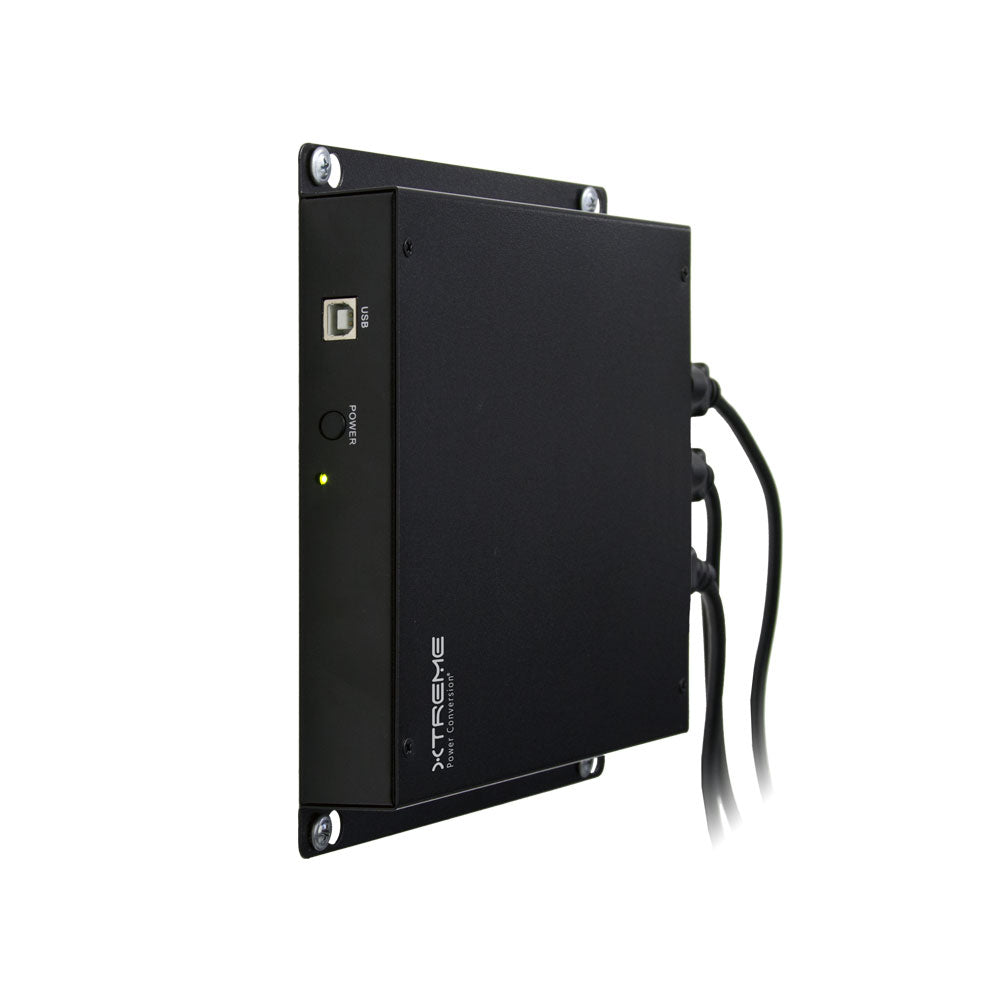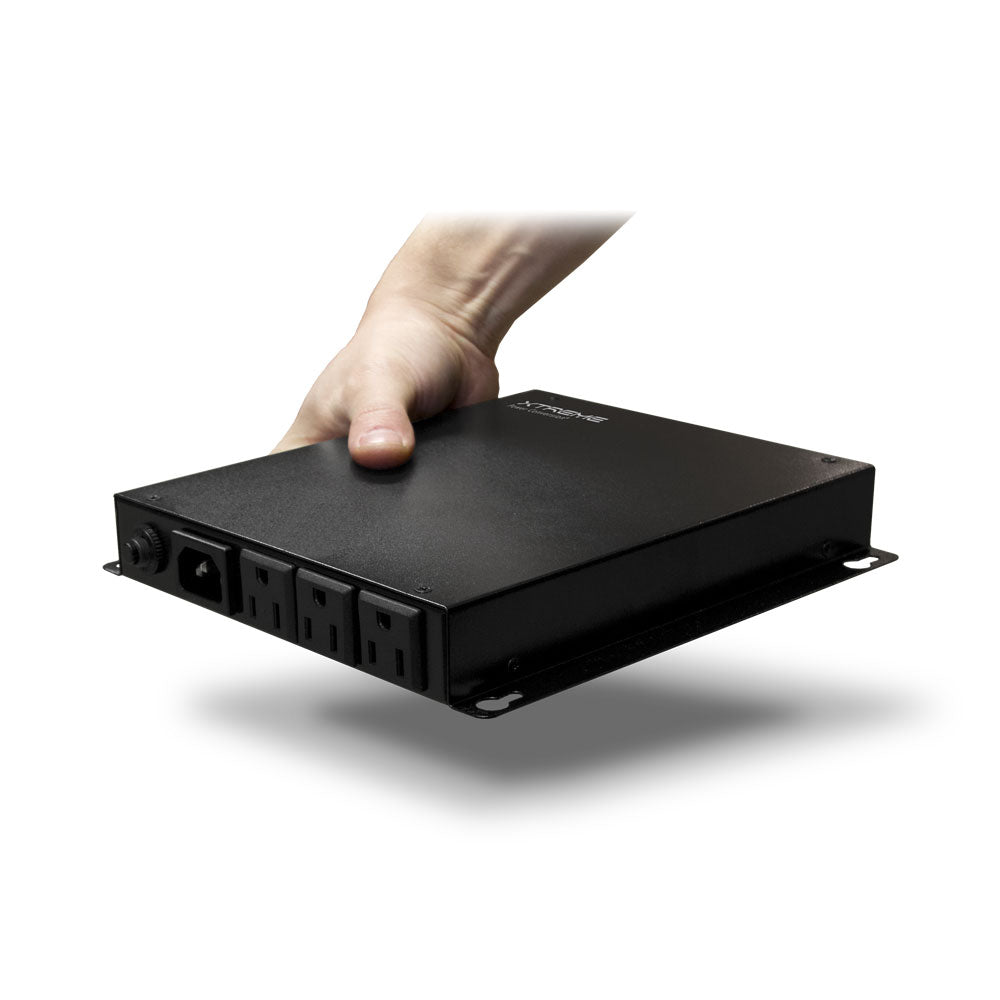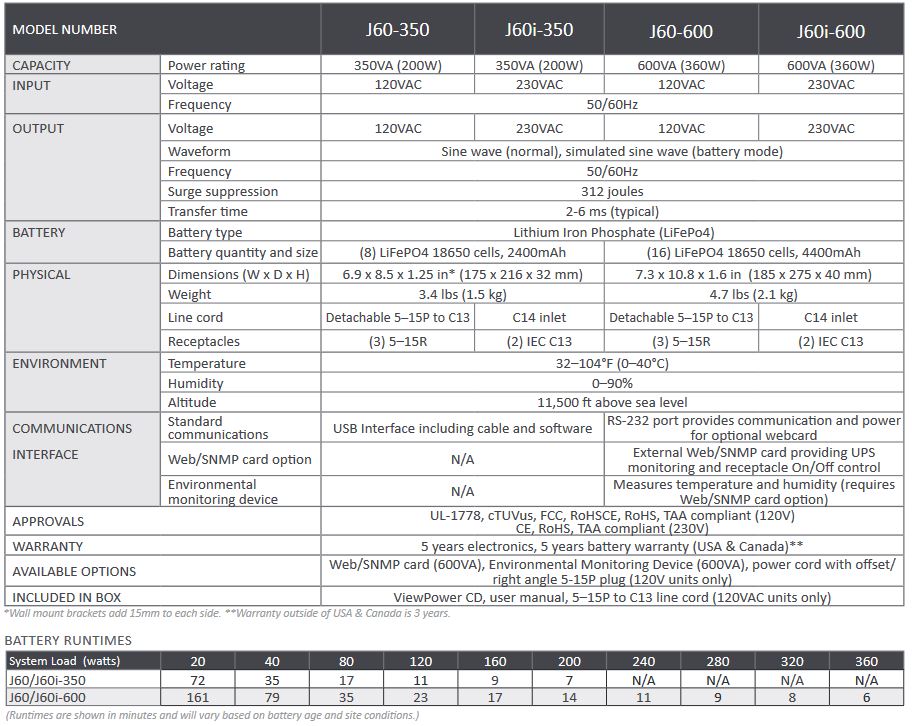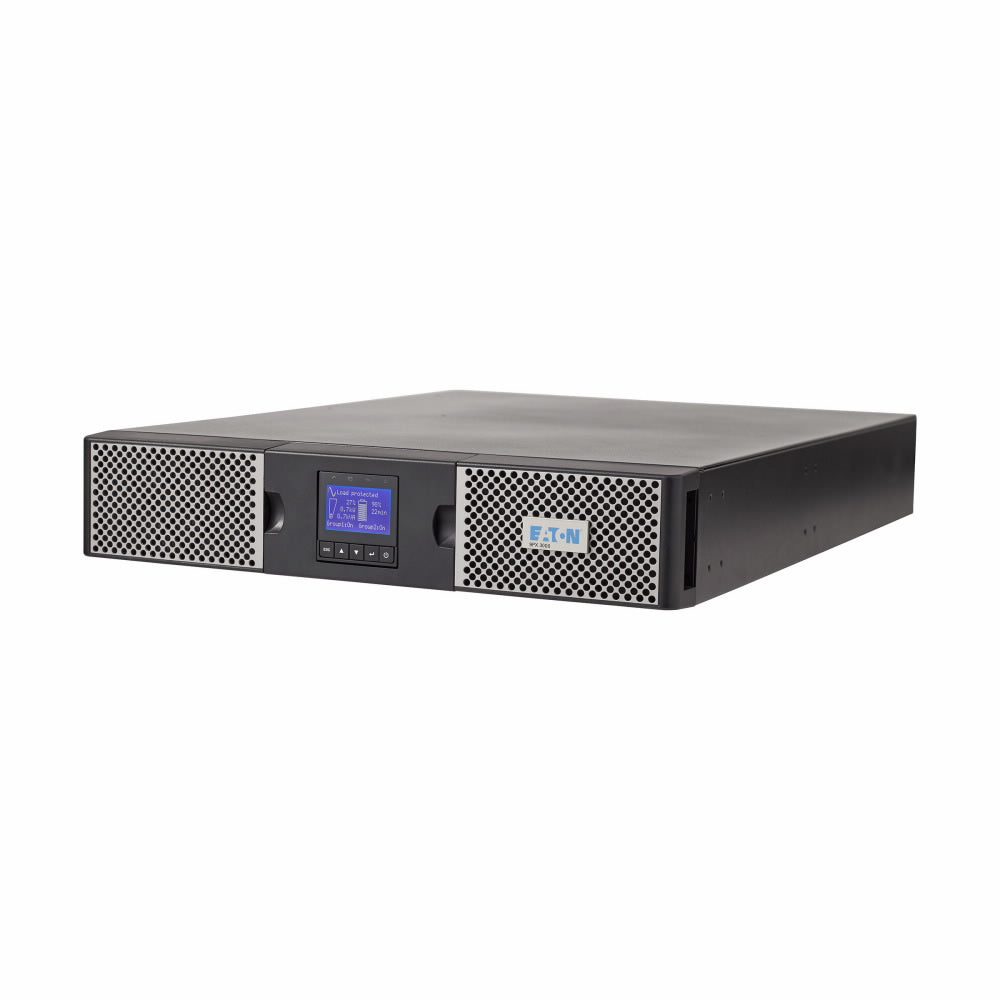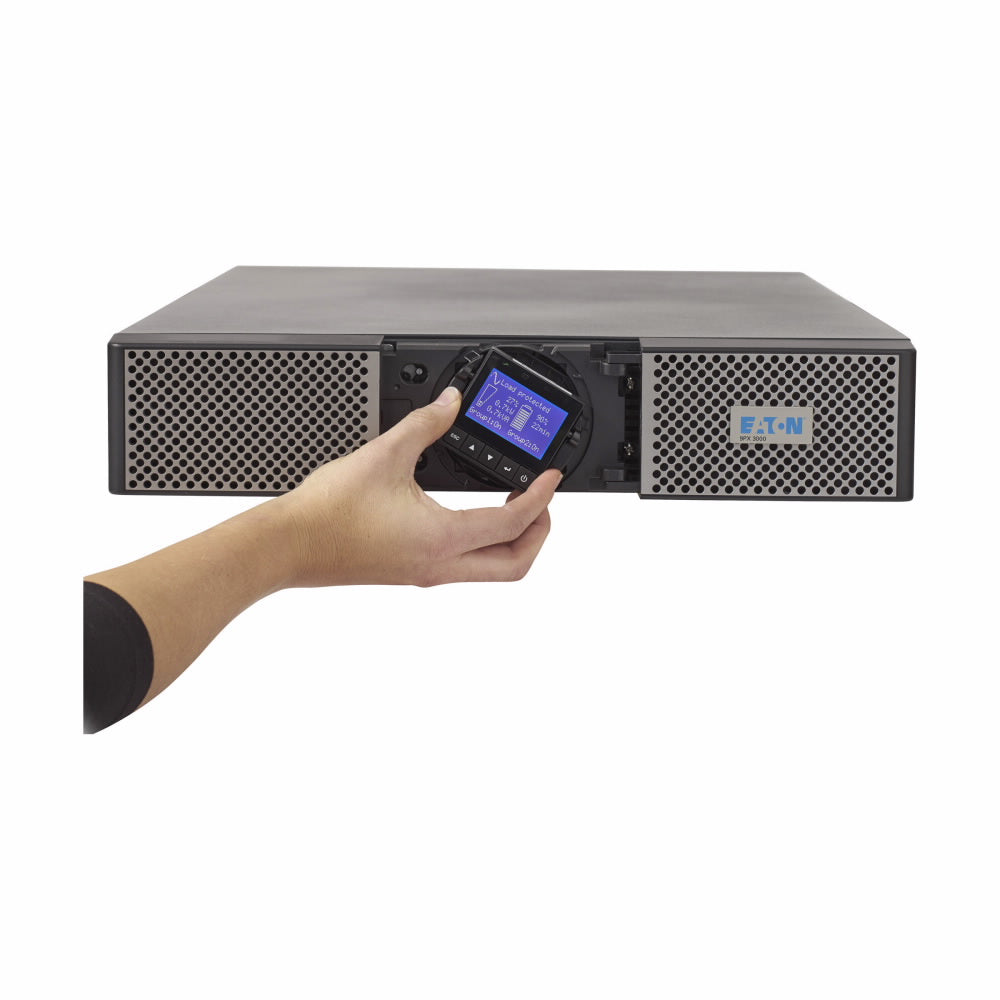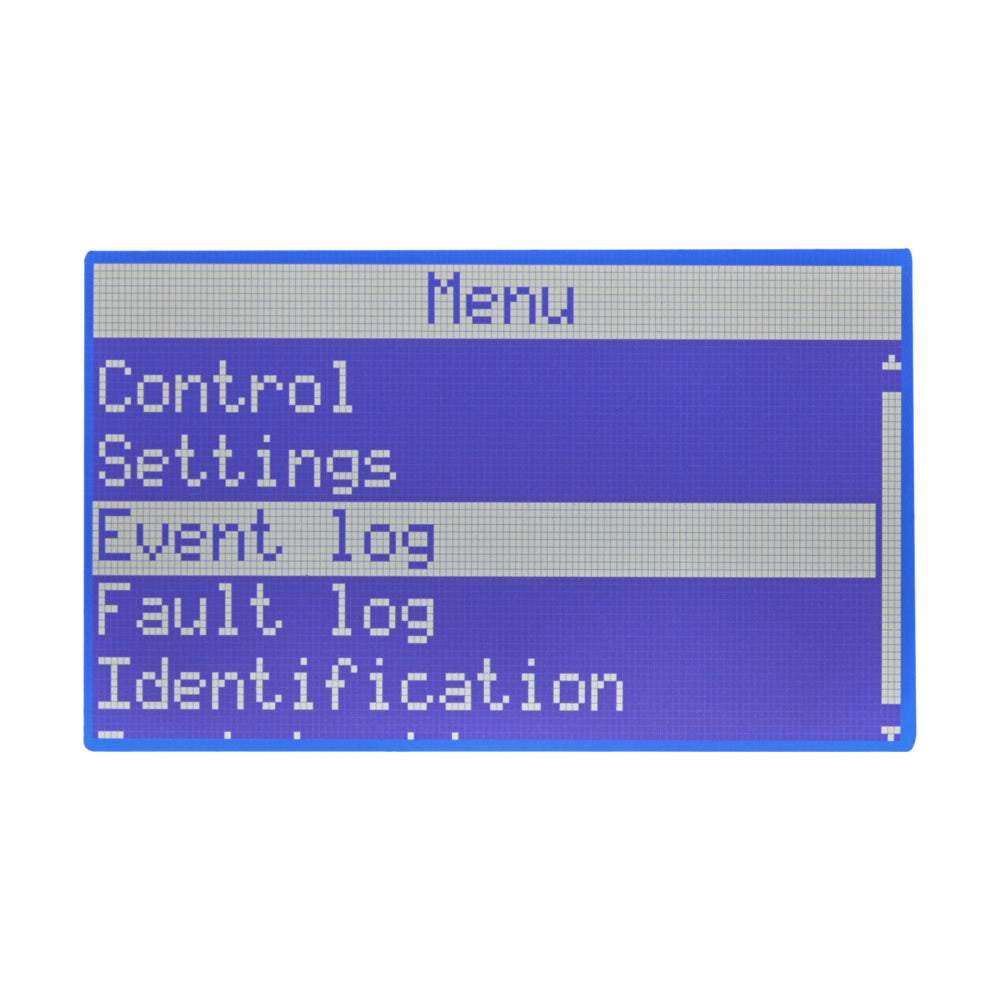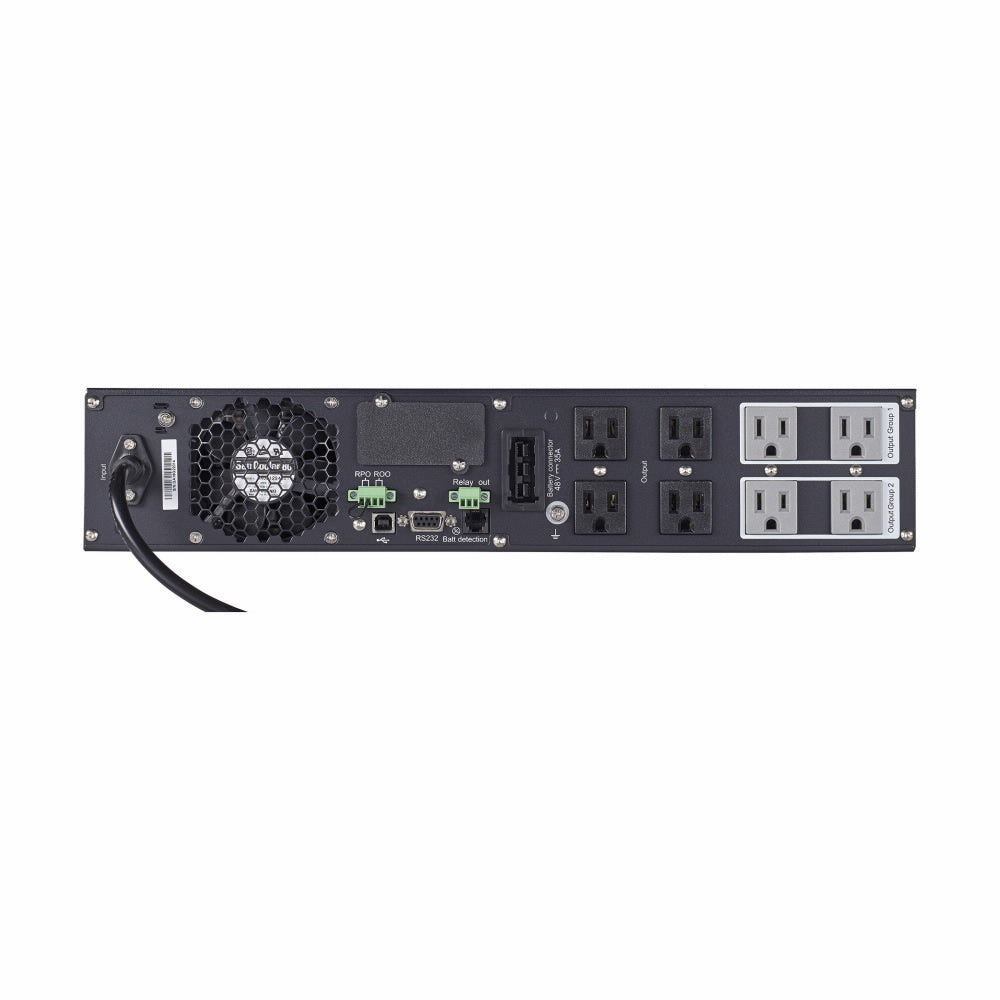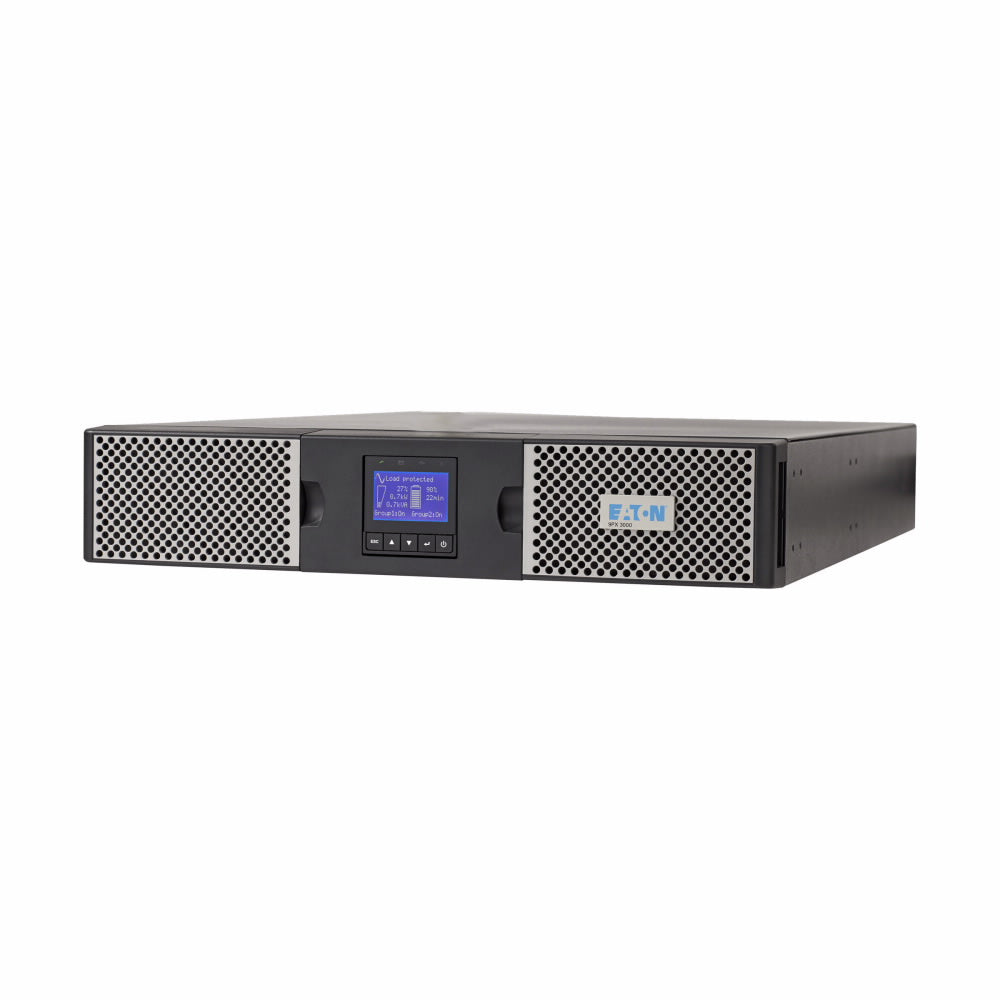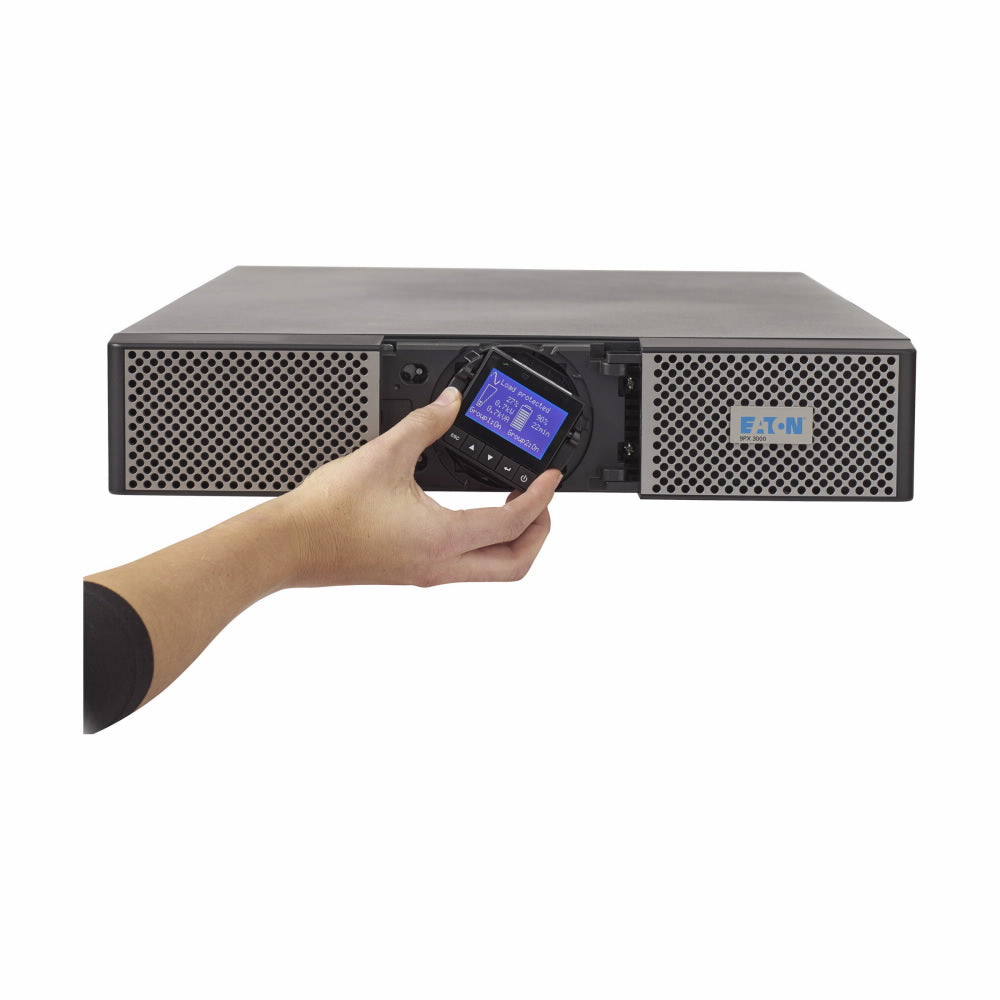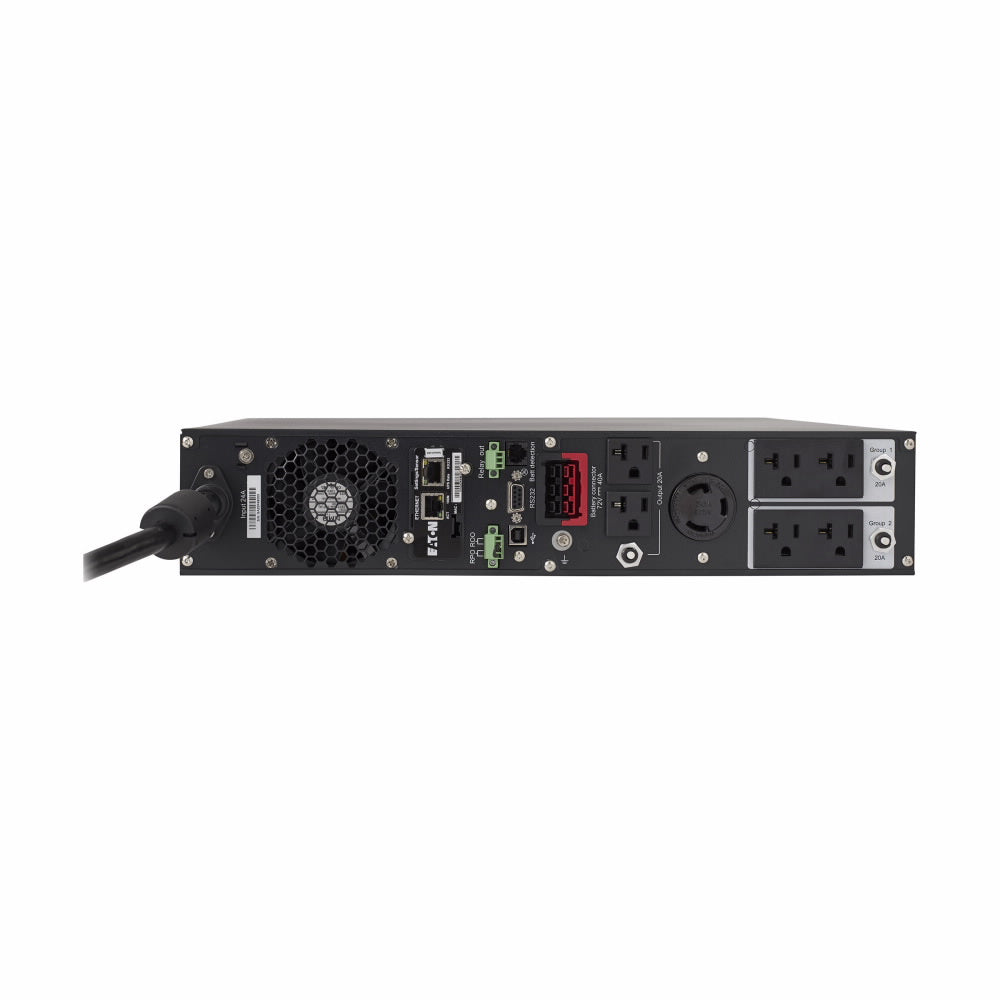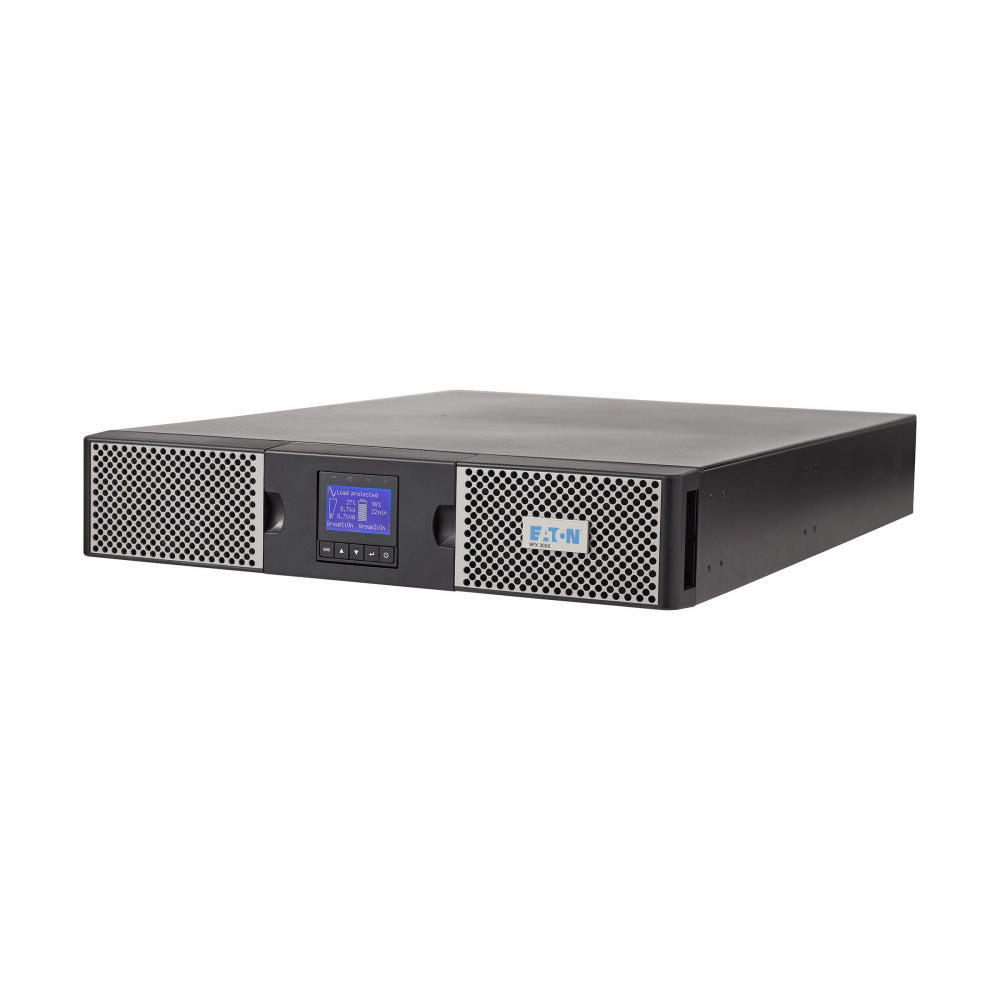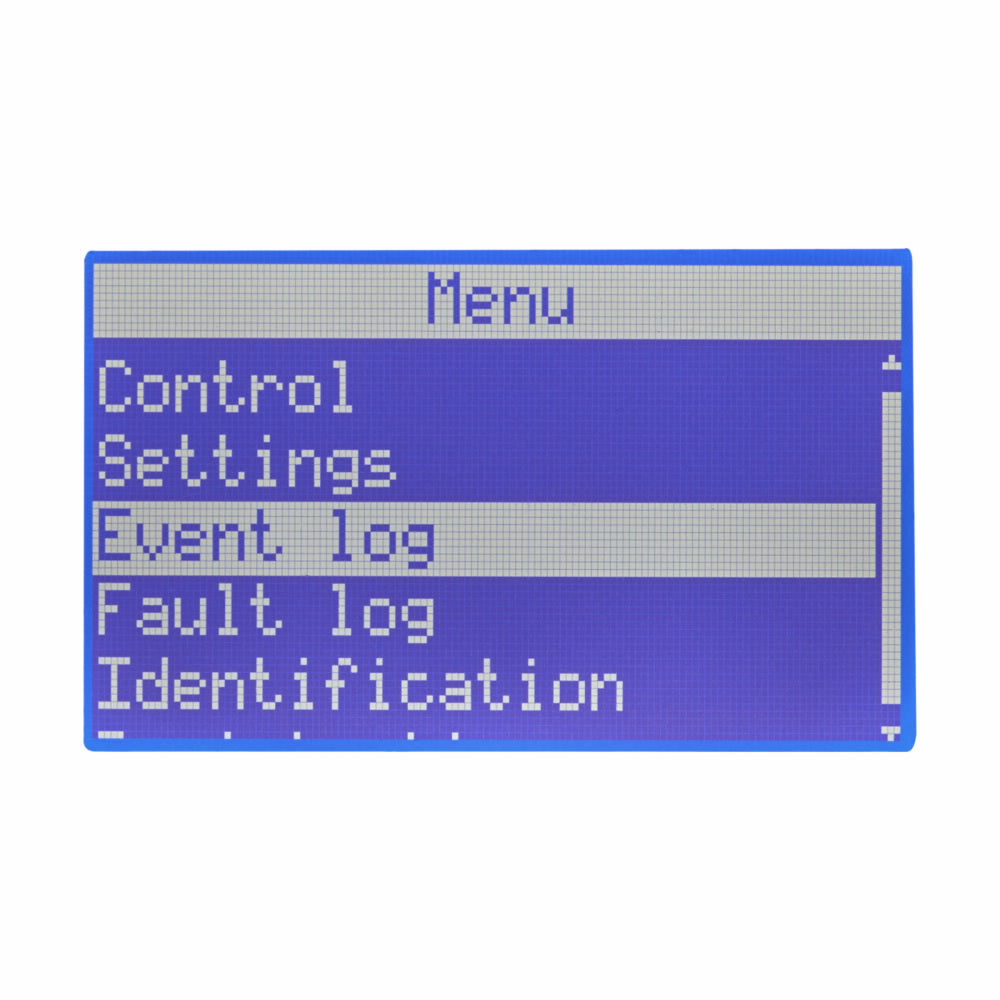In the high-stakes world of healthcare, seconds can save lives—or cost them. When power outages strike, hospitals and medical facilities rely heavily on uninterruptible power supply (UPS) systems to keep critical operations running. But what happens when those backup systems fail?
Let’s dive into the real risks of hospital UPS failures, the common causes, and what facilities can do to ensure reliable power backup when it matters most.
Why Reliable UPS Systems Are Non-Negotiable in Healthcare
Medical facilities are required by law and accreditation standards to maintain consistent power to critical systems, including:
- Life support machines
- Emergency lighting
- Surgical equipment
- Electronic medical records
- HVAC systems controlling temperature in sensitive areas
-
A UPS failure in a hospital doesn’t just mean inconvenience—it can lead to:
- Patient injury or death
- Data loss or corruption
- Compliance violations and fines
- Reputational damage
- Costly legal liability
Human error and poorly maintained equipment are among the top causes of backup power failure. That’s why UPS battery backup systems in hospitals must be carefully selected, maintained, and regularly tested.
5 Common Causes of Hospital Emergency Power System Failures
Aging UPS Equipment
Older systems are more prone to malfunction. Batteries degrade over time, capacitors fail, and components become unreliable—especially under stress.
Inadequate UPS Battery Maintenance
Batteries are the backbone of any UPS system. Without regular inspections, testing, and timely replacements, you risk sudden power loss.
Poor Load Management
Overloading a UPS or mismanaging critical vs. non-critical loads can lead to complete failure during an outage.
Improper Installation
Even the best UPS system can fail if it’s not installed according to electrical code or manufacturer specs.
Lack of Redundancy
Hospitals without an N+1 or N+2 redundancy model may have no fallback if a single UPS unit fails.
The Real-World Impact of UPS Failures in Hospitals
Consider this: A 2023 case in a mid-sized Midwest hospital saw a UPS failure during a routine outage. Operating rooms went dark. Electronic records were lost mid-procedure. It took less than 30 minutes for the failure to cause six-figure damages—not including reputational harm.
Such cases highlight the critical need for reliable emergency power for healthcare facilities and why proactive planning is key.
What Hospitals Should Do: UPS Risk Mitigation Strategies
To protect patients and staff, hospitals must treat UPS systems as mission-critical infrastructure. Here’s how to minimize risk:
- Implement regular load testing and battery replacement schedules
- Choose industrial-grade UPS systems designed for hospital use
- Install remote monitoring systems for real-time fault detection
- Use modular or redundant UPS configurations for continuous uptime
- Partner with experienced UPS professionals for ongoing support and emergency services
CP Warehouse: Your Partner in Reliable Hospital Power Backup
At CP Warehouse, we specialize in mission critical UPS systems, replacement batteries, and redundant backup power solutions that meet the strictest healthcare standards. We carry top brands like APC, Eaton, Riello, and more!
Whether you’re replacing a legacy UPS system or building redundancy into a new facility, we’ve got the equipment and expertise to keep your facility running.
Final Thought
Hospitals can’t afford power interruptions. A failed UPS system isn’t just a tech issue—it’s a patient safety risk. With the right systems in place, you can ensure uninterrupted care, even when the grid goes down.
Need help with your Facilities Mission Critical Backup Systems?
Contact CP Warehouse today for expert advice and fast access to UPS systems, batteries, and support designed for critical healthcare environments.




